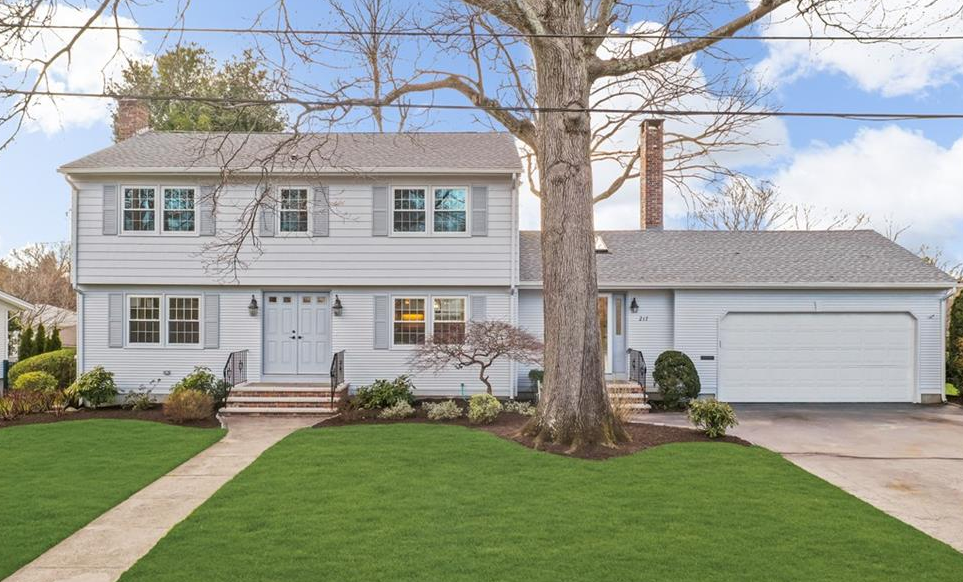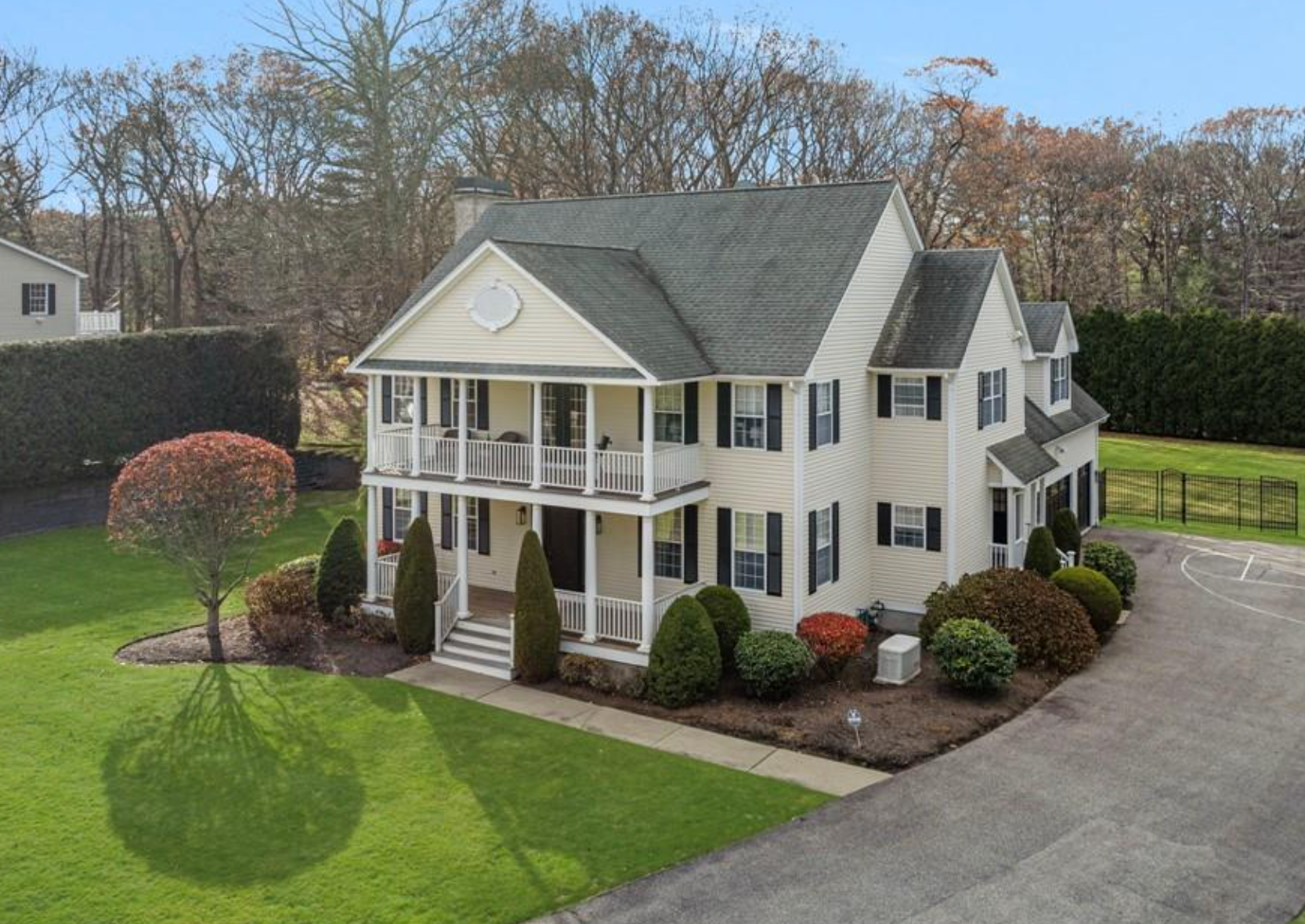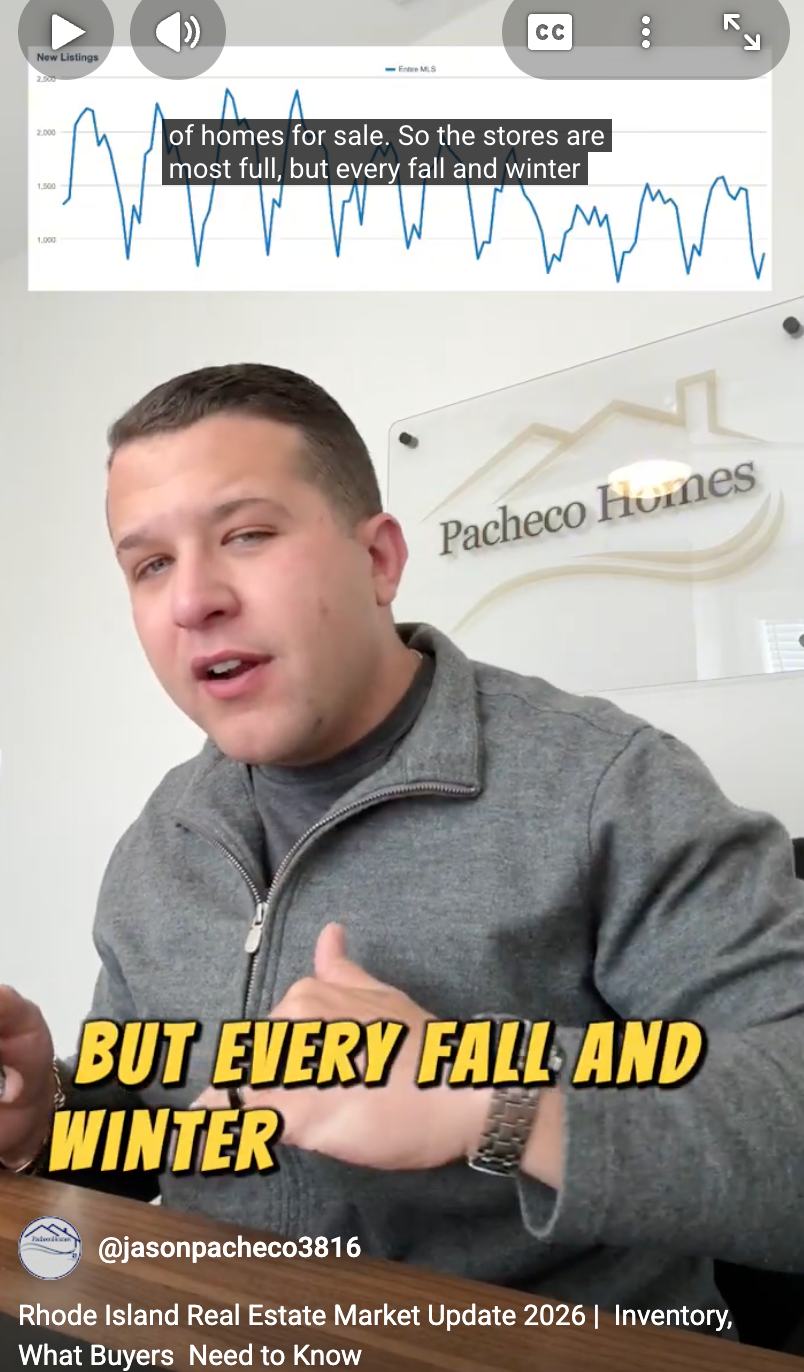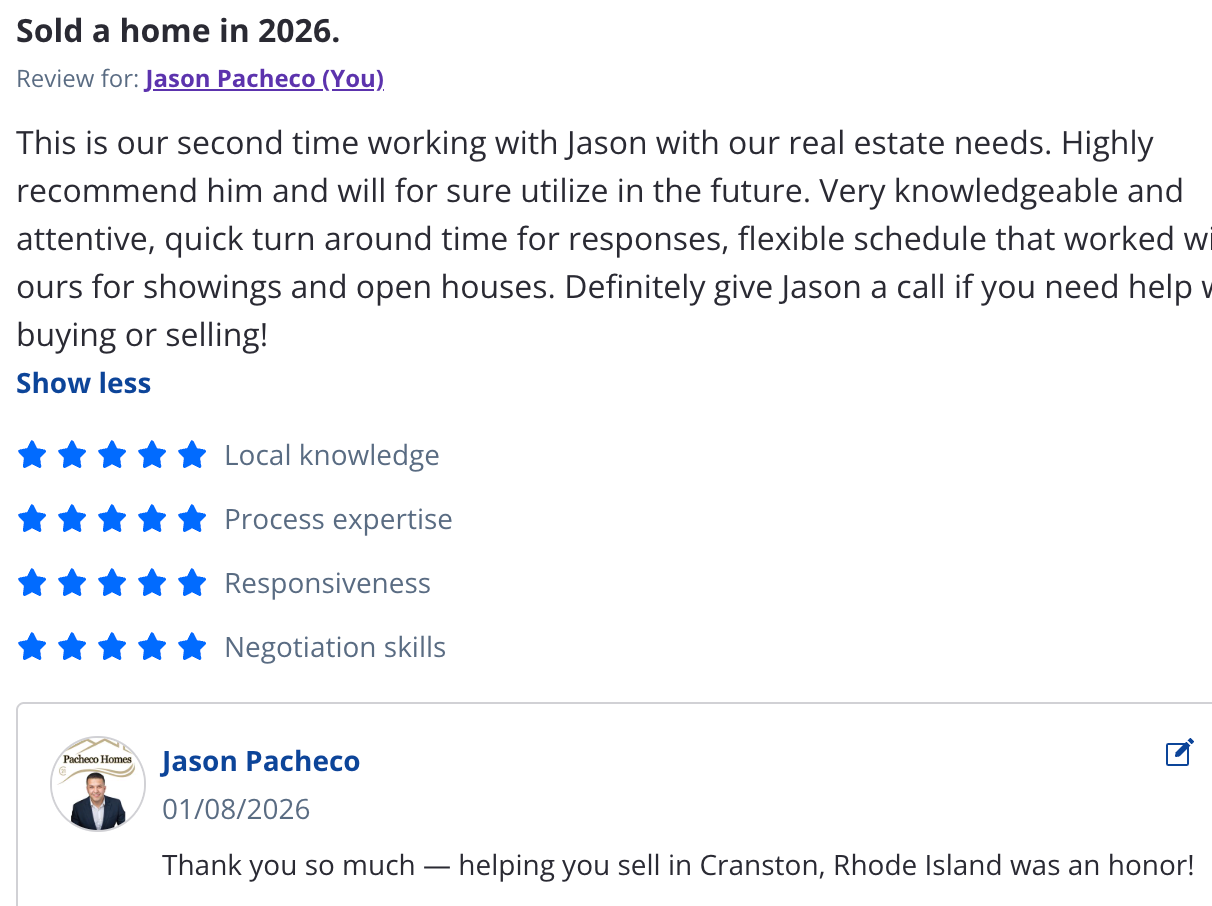Rhode Island Housing Market 2026: Are We Heading Back to Balance?
The Rhode Island Association of Realtors recently released housing inventory data, and it paints a clear picture of where our real estate market has been—and where it’s going next.
In my opinion, anything under 2,596 homes for sale in Rhode Island means we’re in a seller’s market. And if you look closely, we’ve been stuck in seller’s market territory since 2021.
Seasonal Housing Trends in Rhode Island
Like much of New England, the Rhode Island housing market follows a predictable seasonal pattern:
- July–October: The most homes for sale, as inventory peaks.
- November–February: Listings drop off sharply, hitting the lowest point in January and February.
- March–June: The spring real estate market builds momentum, pushing inventory back up until the summer months.
This cycle—up in the summer, down in the winter—has always been the natural rhythm of housing supply in Rhode Island.
What’s Changed Since 2023
The most interesting trend is what started in late 2023. For the first time since the COVID-19 housing shortage, inventory has been steadily climbing. In fact, by August 2024, Rhode Island had more homes for sale than at any point since 2022. That’s a strong sign that we’re finally climbing out of the post-COVID low-inventory crisis.
My 2025 Housing Market Predictions
Based on this trajectory, I believe:
- 2026 will likely continue the path to a balanced market. Provided interest rates hold steady.
- If rates remain unchanged for the next 5 years, inventory will likely keep climbing, eventually pushing Rhode Island toward a more traditional buyer’s market—similar to what we knew before COVID.
It’s important to remember: the bidding wars and waived inspections that became common after COVID were historically rare.
The Wild Card: Interest Rates
There is one big variable that could change everything: mortgage interest rates. If rates fall below 5% and stay there for six months straight, it could trigger another wave of buyer competition and pull us back into a stronger seller’s market.
The Bottom Line
The Rhode Island real estate market in 2025 is shifting away from the COVID-era frenzy and toward more stability. Buyers, sellers, and investors should watch inventory levels closely in the coming year—because they’ll be the key to knowing whether Rhode Island stays balanced or swings back into another competitive cycle.
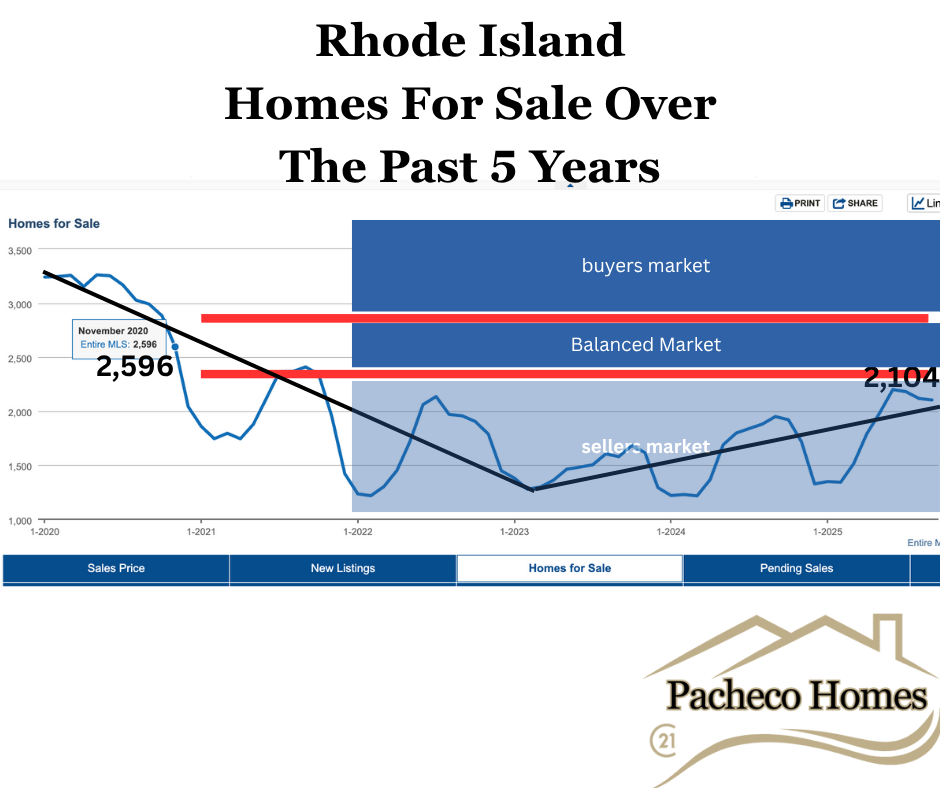
The body content of your post goes here. To edit this text, click on it and delete this default text and start typing your own or paste your own from a different source.




